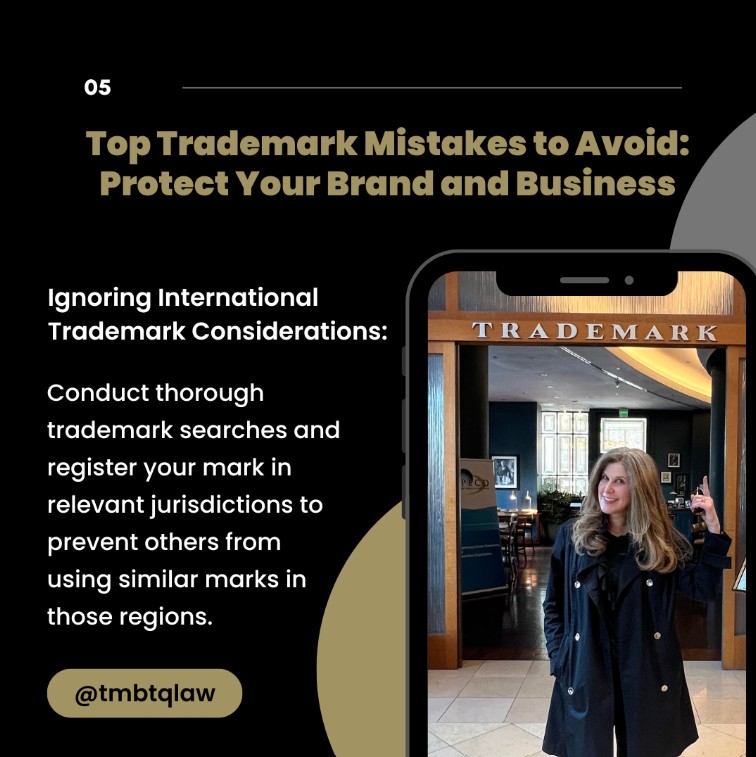A common question that clients and prospective clients ask me is: “How can I sell my intellectual property?” Intellectual property (IP) is important for innovation, branding, and gaining a competitive advantage, which can lead to significant rewards.
At TMBTQ, we are experts in trademark law. We help companies strengthen and increase the value of their brands.
This post helps entrepreneurs and business owners learn how to earn money from their ideas and creations. A trademark owner can transform their ideas for brands into valuable assets that they can sell in the future. We answer the question of how to sell/monetize intellectual property in this post.
Ascertain the Worth of Your IP
Beginning to answer the question of “How can I sell my intellectual property?” involves first determining your IP’s inherent worth. Forms of intellectual property include trademarks, copyrights, or patents. Trademarks, patents, copyrights, and trade secrets can evolve into pivotal revenue streams.
Having the right trademarks can protect your brand and make it more appealing to customers. This can help your business stand out in the market and attract more buyers. Carefully selecting trademarks is important for the success of your brand.
IP Safeguarding
Formal protection is crucial. You must ensure that you register your trademarks with the U.S. Patent and Trademark Office (“USPTO”).
This will help to mitigate potential infringement by making a formal, legally enforceable record of your rights. Trademark protection also expands your rights beyond the immediate geographic area where you are based, to anywhere that you sell products or services. Trademark registration also amplifies your brand’s market perception.
Intellectual Property Portfolio Administration
Optimal management of your IP assets entails periodic evaluations to identify underutilized resources, refine existing trademarks, and investigate licensing opportunities. Licensing agreements can help you make money without selling your intellectual property completely.
This allows you to maintain ownership and control of your creations. For a trademark license agreement to be valid, the owner must engage in quality control. This means that they should regularly check the quality of the goods or services offered. The licensed products must be consistent with the trademark owner’s level of offerings.
Trademark licensing can provide a consistent source of income. Copyright assignment agreements can also be a source of income for the underlying work that copyright protects.
Sale Preparation
To prepare for licensing or selling your intellectual property assets, ensuring transparency and allure for potential acquirers is essential. Don’t forget to protect your ideas, renew trademarks, and keep records of registration, renewal, and legal issues. This level of transparency significantly bolsters your IP portfolio’s attractiveness to potential acquirers, smoothing the transactional process.
Remember, your intellectual property is more than just a legal asset. It is an important part of your brand’s legacy and value. Engaging with a trademark attorney well-versed in the intricacies of IP management and divestiture can prove indispensable. Together, we can unlock the hidden value of your ideas and make them a key part of your business success.
Learn more Monetizing IP Assets



